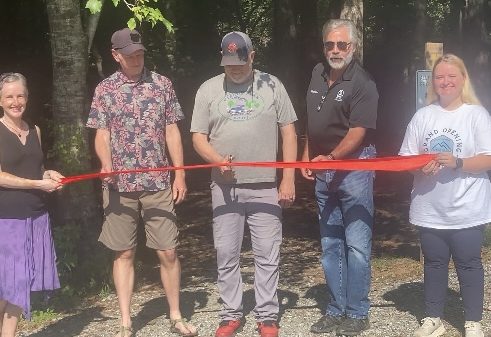Preparing for the inevitable
Published 9:54 am Thursday, February 7, 2013
There is a fact all of us must eventually face and none can ever escape.
We will all die one day. No matter what kind of euphemism we attach to that event – crossing over, passing away, going to be with the Lord – whatever seems less painful and acceptably polite, in the end all of our bodies will ultimately cease to function and we will all die.
Depending on one’s faith tradition and system of belief the essence of what is truly “us,” our soul or spirit, continues on in one manner or another. Anecdotal accounts of “near death experiences” are many and scientific evidence of one sort or another (depending on who you choose to believe) attest to the fact that beyond religious faith there is evidence of life after death. In some religious traditions our spirits are thought to be recycled through reincarnation to ever higher, or lower, levels of spiritual consciousness. In others, that which is essentially us simply melds back in the cosmic consciousness of the One. Islam and Judaism share a common belief in an afterlife with Christianity with differing interpretations, but even in the Christian religion our many diverse views on what happens when our body ceases to function and our spirits go to God are often at radical odds with one another. All those things are issues of faith which one must address within one’s own tradition. Nonetheless, we will all die.
However this column is not about what happens after we die, but how we choose to plan for what is inevitable. There are things we can do while we are well, in our right minds and physically able to be proactive in providing clear guidance to our friends and loved ones about our wishes should we become ill or incapacitated, and for when we die.
First, every one of us should have a clearly defined advance directive for health care and someone designated to be our medical power of attorney should we not be able to speak for ourselves regarding the nature and degree of medically invasive care we are willing to receive. The forms for these directives are available online for North Carolina and South Carolina, through your attorney, or from a hospital or Hospice social services office. The person designated as one’s medical power of attorney should be someone who can be absolutely trusted to follow the advance directive for health care, whether that person is a family member or not.





